El Malecón: Remembering Havana
Curator Meaghan Ritchey reflects on the specificity of place in Havana, Cuba, as seen through the lens of Rob Jefferson’s photography.
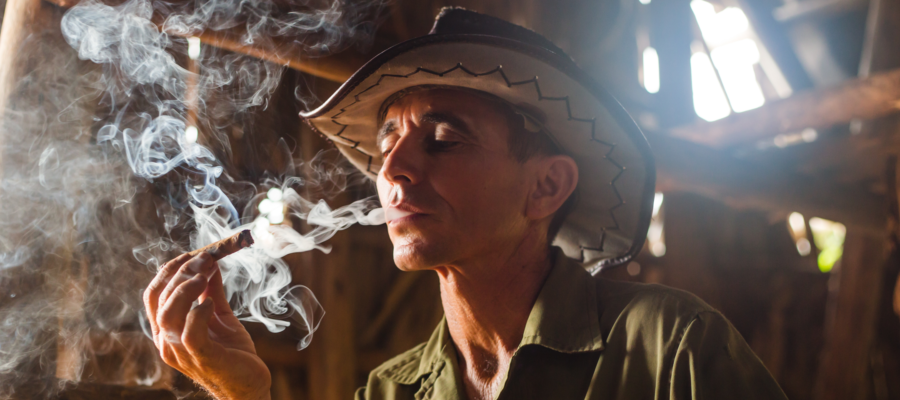
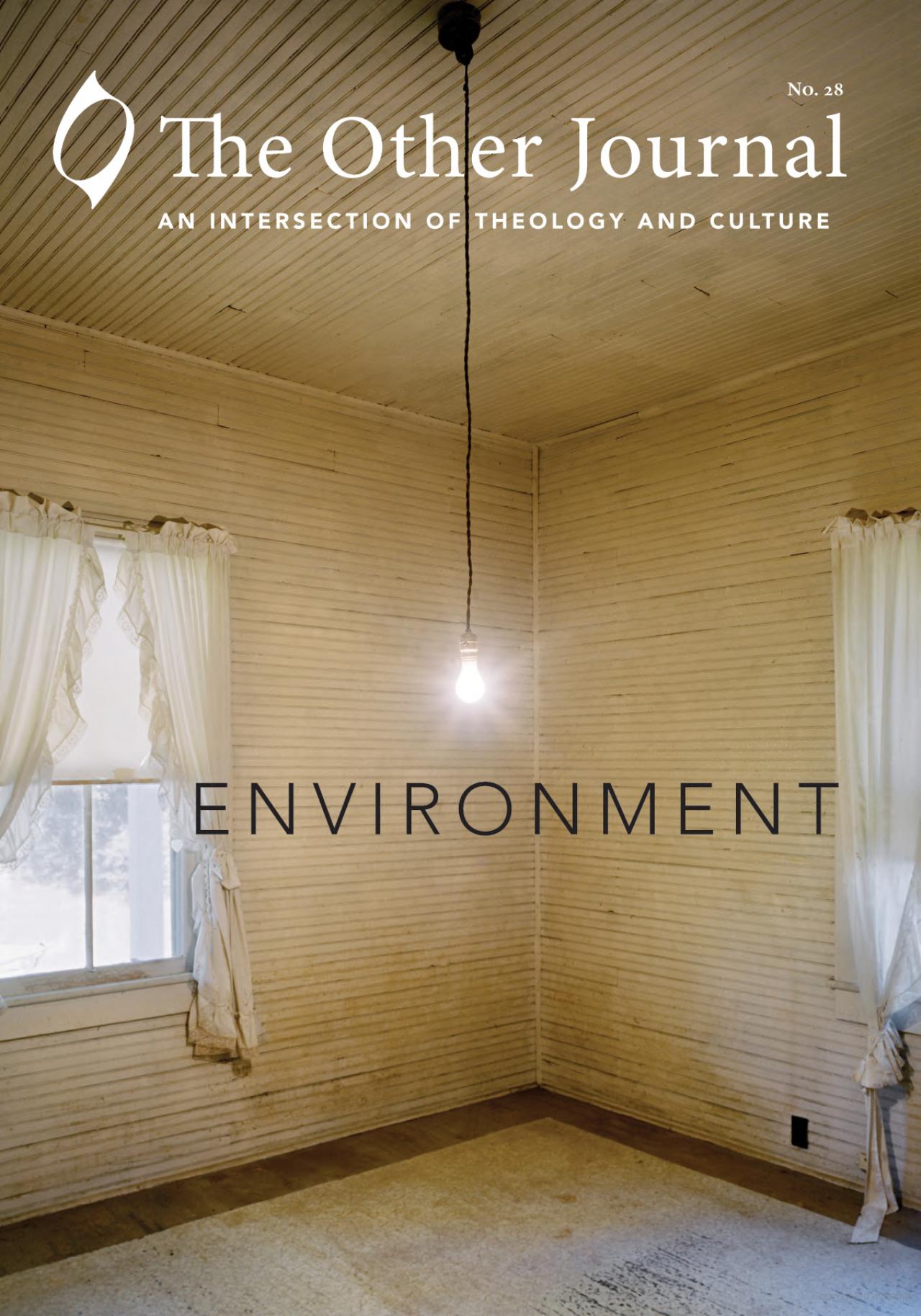
The most recent papal encyclical, Laudato Si’, quotes a stanza from Saint Francis of Assisi’s “Canticle of the Sun” in which the friar praises the Lord “through our Sister, Mother Earth, who sustains and governs us, and who produces various fruit with colored flowers and herbs” (§1). The encyclical goes on to outline the ways “this sister now cries out to us because of the harm we have inflicted on her by our irresponsible use and abuse of the goods with which God has endowed her” (§2). If we are to sing with Francis—who, as Lynn White first proposed in 1967, is the patron saint of Christian environmentalism—we must recognize as well that Western Christianity’s relationship to Mother Earth over the past three centuries has been marked by abuse, disregard, exploitation, consumption, and destruction. Even now, many who claim the name of Christ continue to argue that nature is merely a resource for human use, a crude object given for our domination. The roots of this view reach back to the first chapters of Genesis, but they only came to be understood so assertively in the era of the Protestant Reformation: once the soul became the exclusive site of the sacred, the land, its flora, and its fauna came to hold little meaning to the faithful beyond the fulfillment of human desires in the forward march of the emerging capitalist economy. But it seems then that we may have a death wish. Four hundred years later, it seems that this kind of thinking has led us to the edge of planetary ecological disaster.
In this issue of The Other Journal, we attempt to step back from that edge. We hope to visit places like the Standing Rock reservation in North Dakota or the melting polar ice caps and to envision a kingdom of God that encompasses each fruit, flower, and herb.
Curator Meaghan Ritchey reflects on the specificity of place in Havana, Cuba, as seen through the lens of Rob Jefferson’s photography.

Photographer Jessina Leonard interviews fellow photographer Aaron Canipe about growing up in a small town in North Carolina, and how his work is informed by the textures in southern landscapes infused with religion.
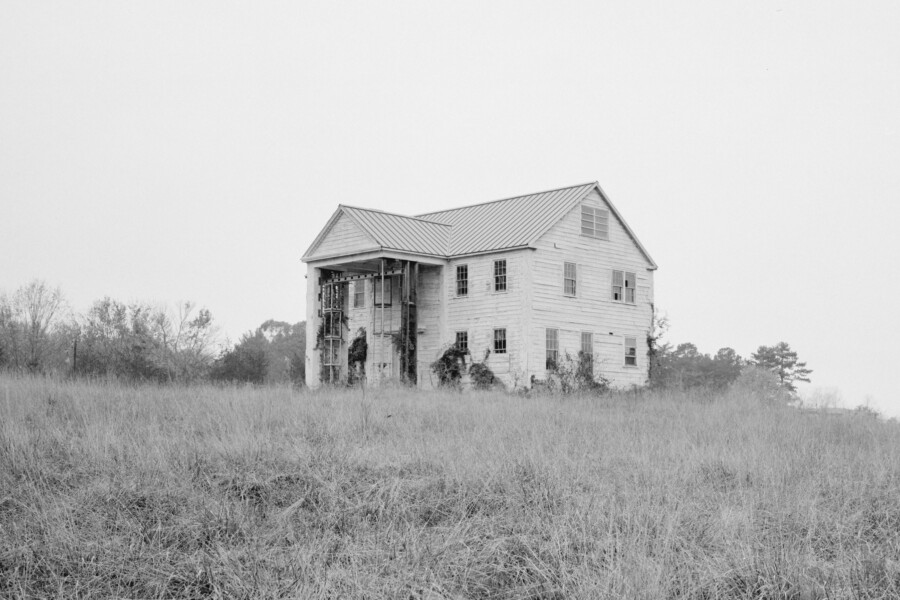
Daniel Castillo pens an Ignatian eco-social fever dream.
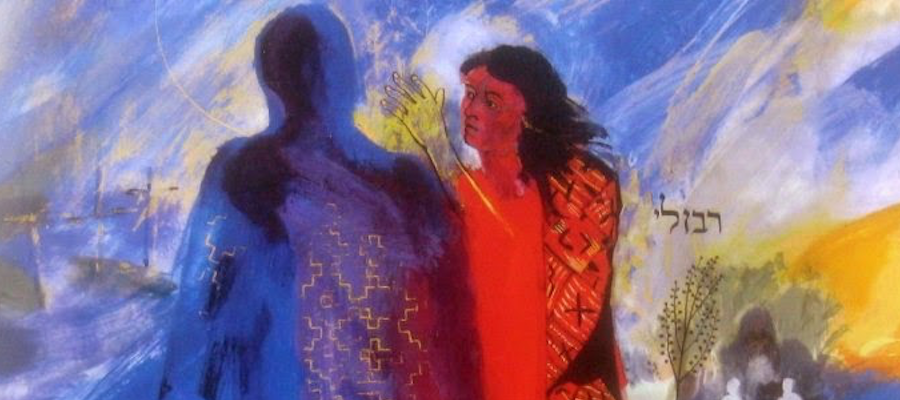
John Schweiker Shelton reviews Undomesticated Dissent by Curtis W. Freeman.

Leah D. Schade looks to the work of Sallie McFague for a fresh approach to sermons addressing ecological justice and the concerns of “the least of these.”
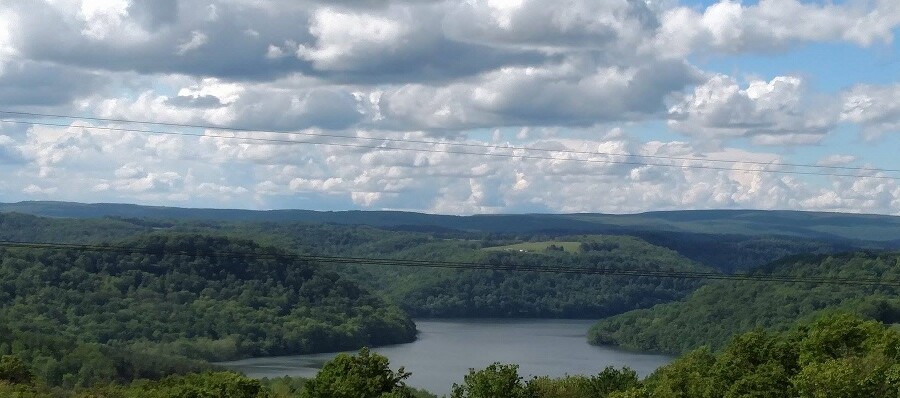
Karen Brummund reflects on how the experience of art defies expectations.
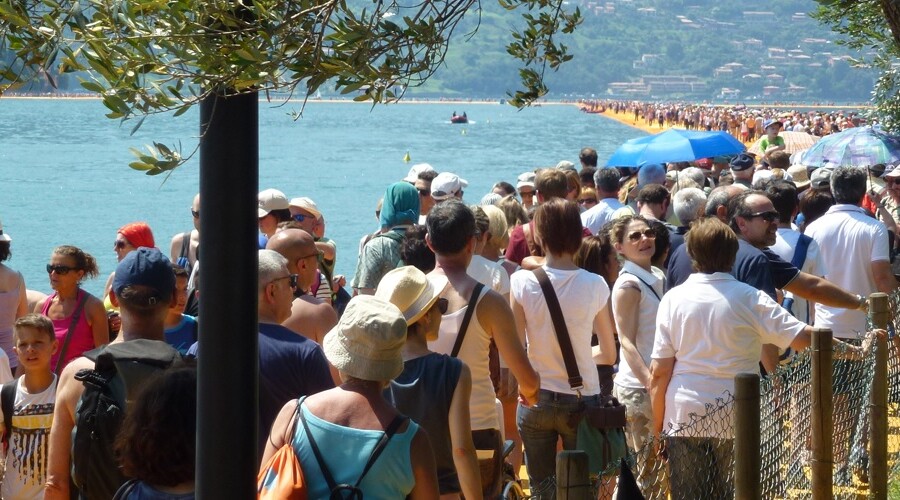
Blair Wilner argues that environmental responsibility requires acknowledging the ways we are shaped by our particular places.
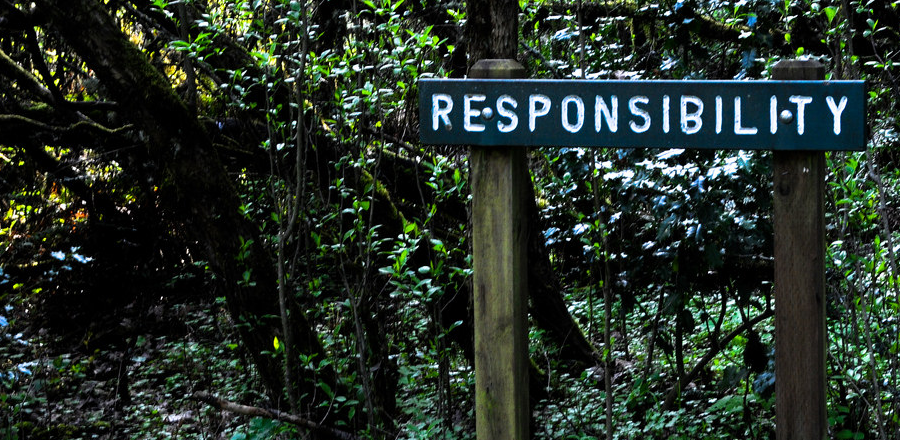
Paul J. Schutz wants to promote humanity’s sense of interconnectedness with other creatures.
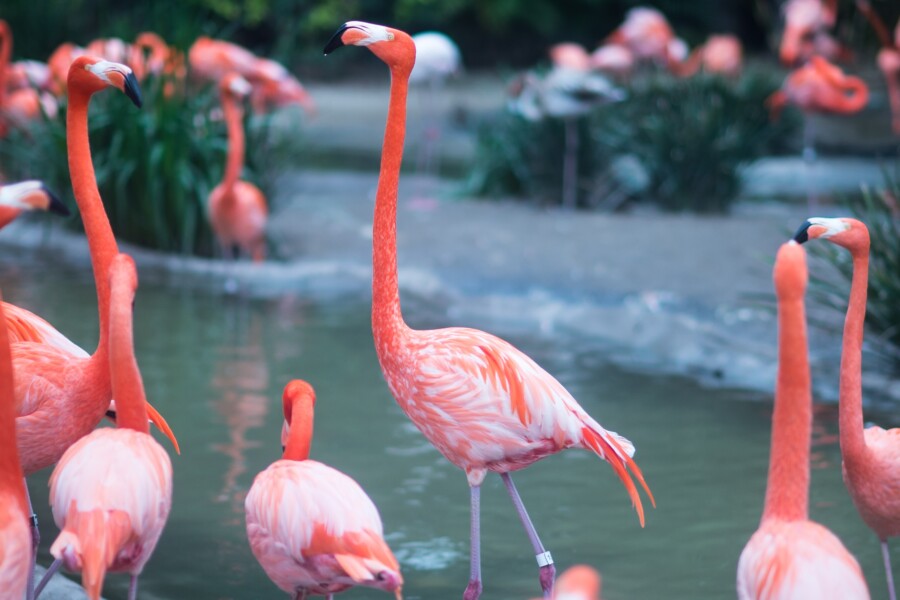
Jonathan Hiskes interviews Norman Wirzba about the possibilities of Sabbath for religious life and environmentalism.
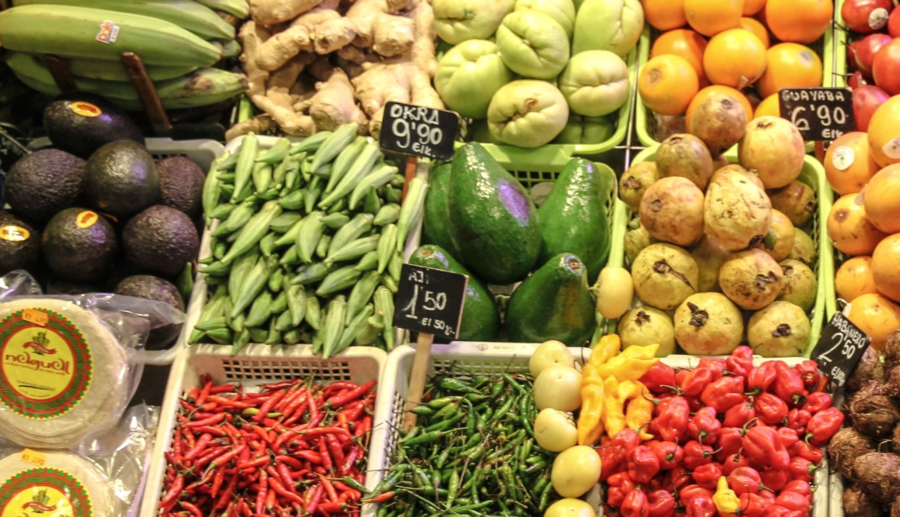
Join ecotheologian Mary DeJong for a cup of sage tea as she suggests that our gardens are the source of sacred visions of the divine.
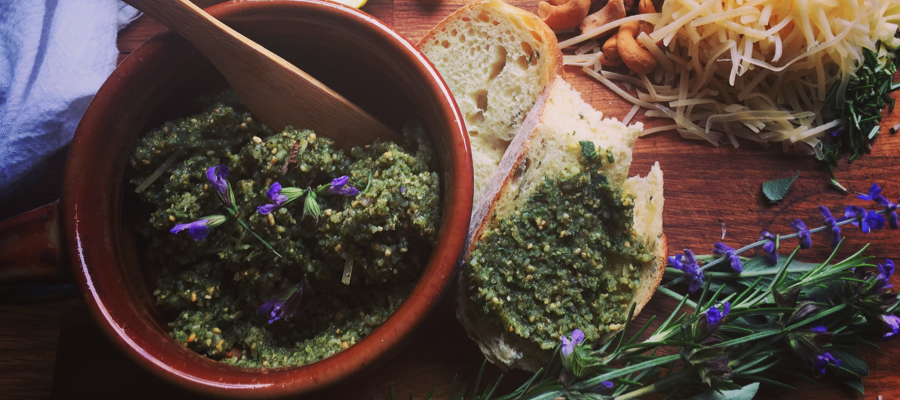
Jeanne Murray Walker’s poem regrets how political decisions negatively affect the environment.
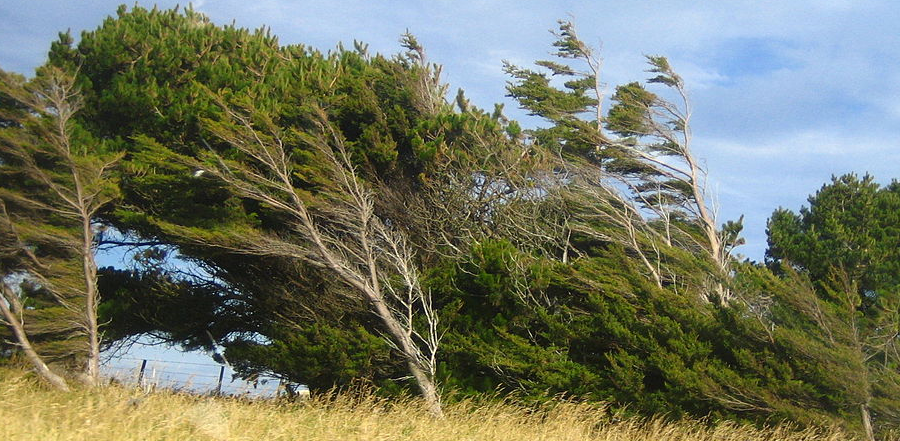
Remco Roes and Kris Pint try to find resonances between the secular and the sacred, word and image, melancholy and banality.

Daniel Tobin places the vicissitudes of life against the backdrop of the steady flight of an Irish kestrel.
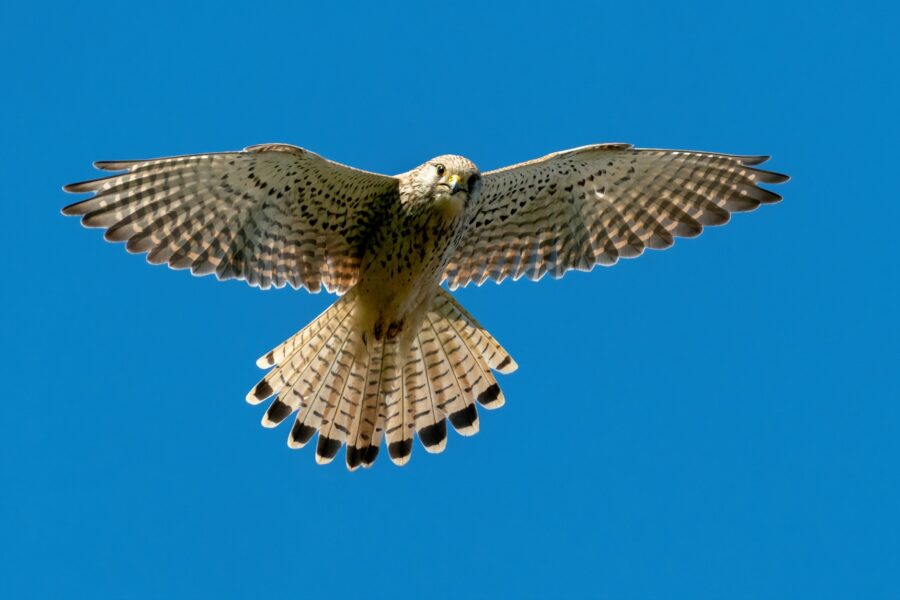
Anthony Baker considers the theology in Rich Mullins’s most searching lyrics, two decades after the musician’s death.
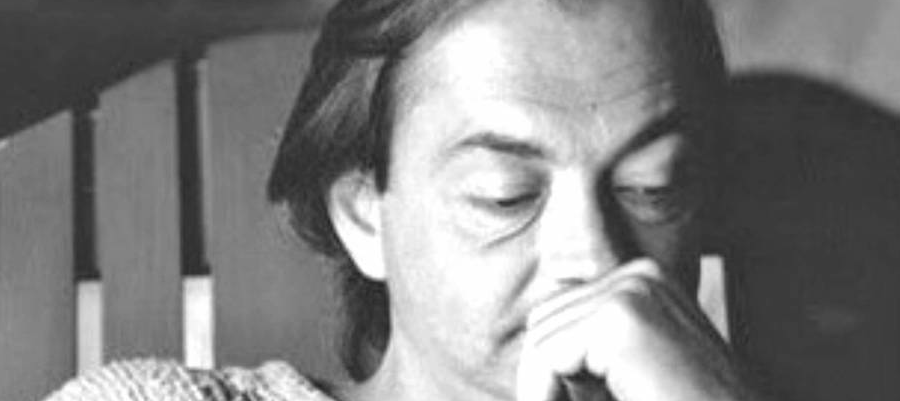
Brett McCracken reviews Look and See, a documentary film focusing on the life and perspective of Wendell Berry.

An ecotheological anthropology, according to Catherine Wright, appreciates inspirited matter and embodied spirit.
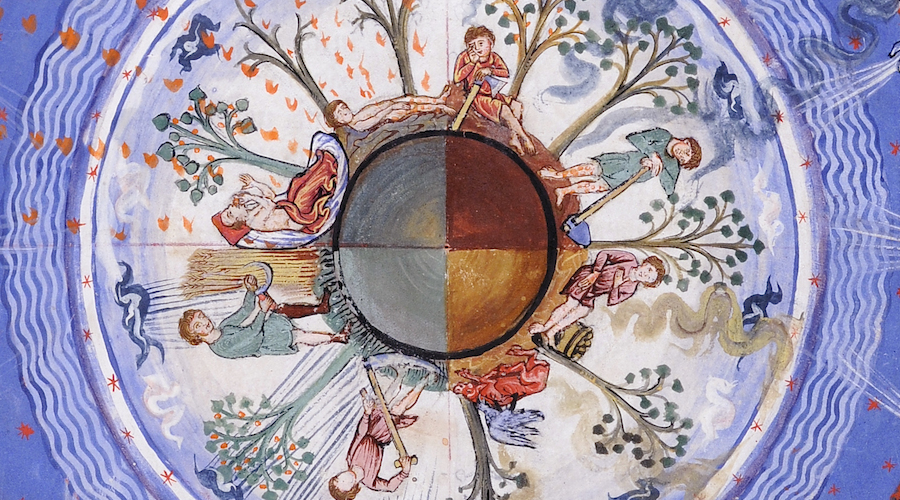
Glen A. Mazis argues that the fates of mountaintops and humans are morally and spiritually linked.
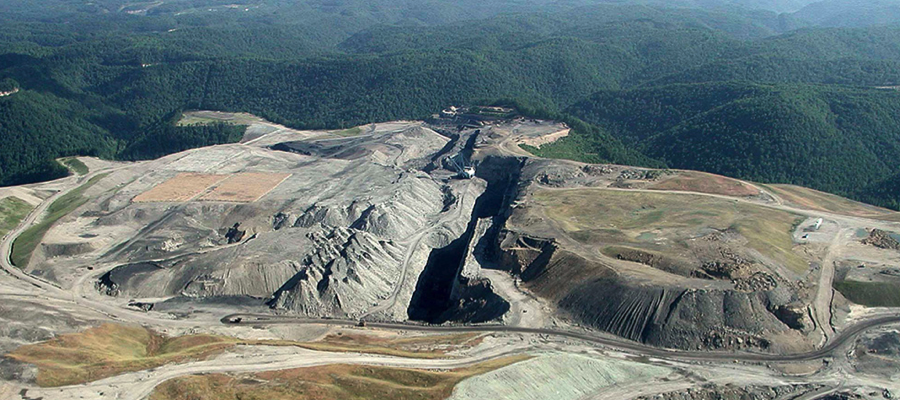
Natasha Duquette explores the themes of lament and healing in the poetry of three Canadian women.
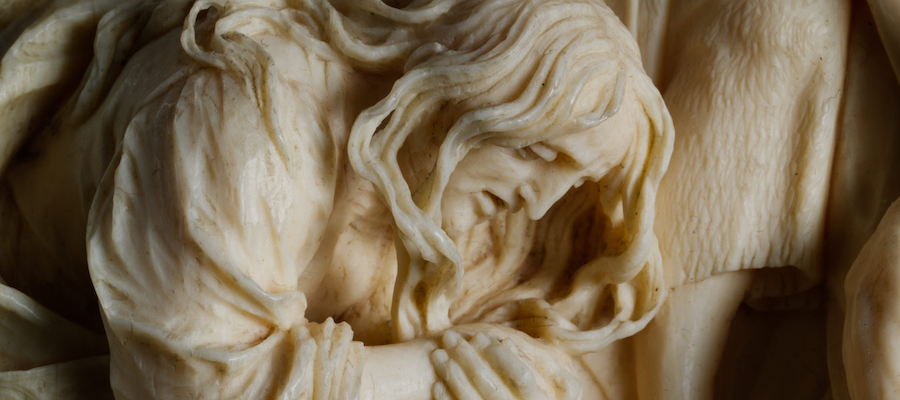
Poet Maryann Corbett reminds us of the “cost and pain” of beauty.
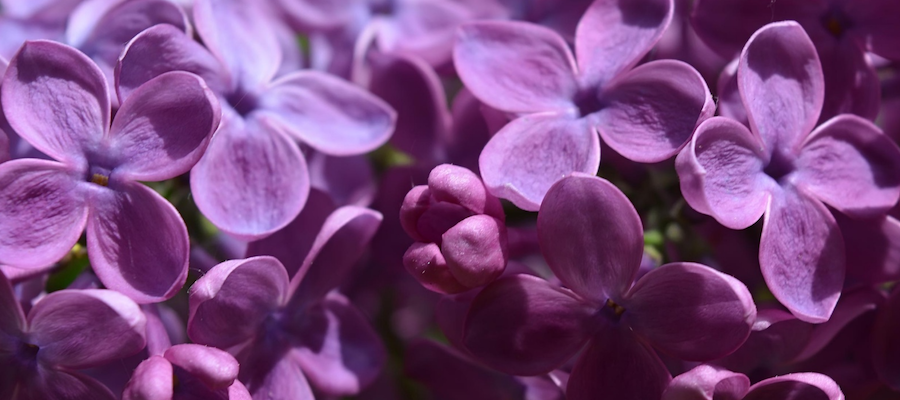
Paul Arnold proposes that the warmth of modern homes makes it very difficult to have a holistic and sustainable relationship to the natural world.
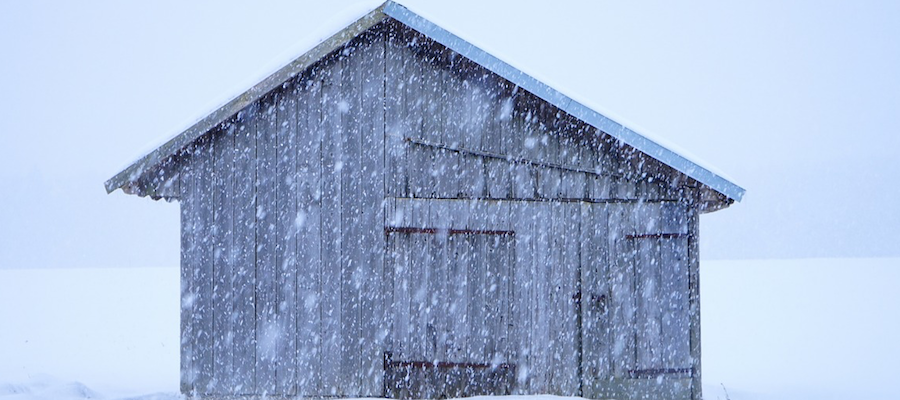
Ruthanne SooHee Crapo encourages those committed to environmental justice to reflect on the place of waste in modern life.

In Appalachia’s faith-based intentional communities, Michael J. Iafrate locates the relevant “social poetry” necessary for ecological change.

Dave Pritchett finds the earthy practice of tracking to be a spiritual discipline.
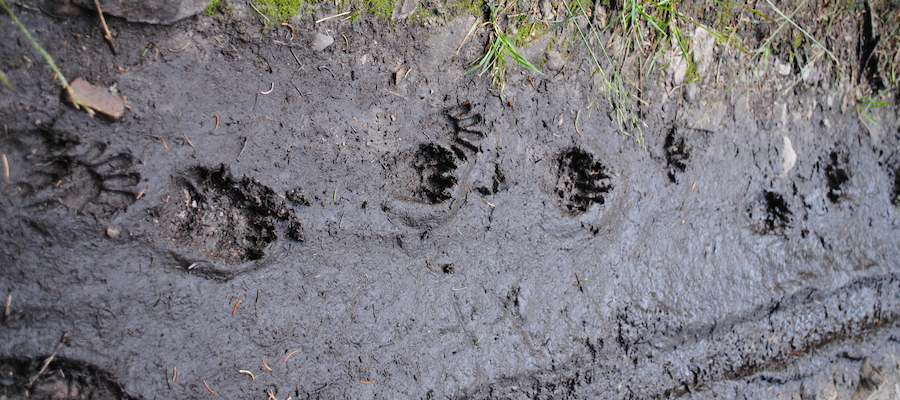
Mick Pope proposes that events at Standing Rock offer an example of how the politics of fossil fuels can be defeated by nonviolence.
